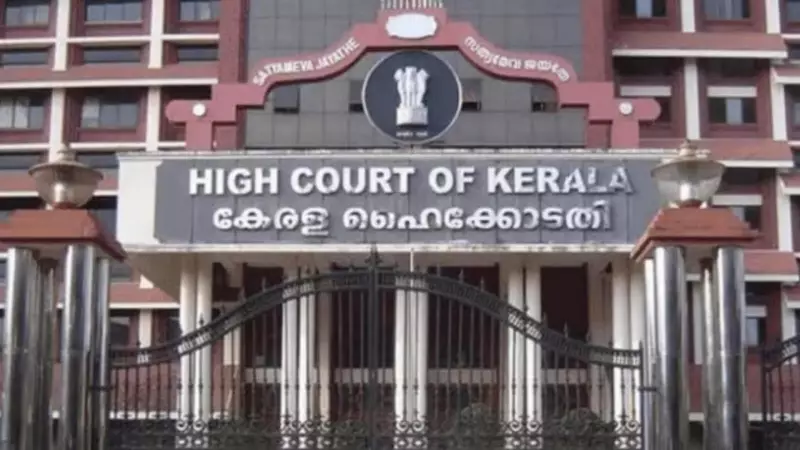
In a significant development that exposes potential systemic failures, the Kerala High Court has taken a stern stance on the Sabarimala gold smuggling case. The court has directed the Special Investigation Team (SIT) to determine whether this high-profile scandal should be prosecuted under the stringent Prevention of Corruption Act.
Revealing Deeper Systemic Deficiencies
The bench, comprising Justice Devan Ramachandran, made sharp observations about the case, stating it appears to be "symptomatic of deeper systemic deficiencies" within the system. This strong judicial language underscores the gravity of the allegations and suggests the gold smuggling operation might be just the tip of the iceberg.
What the SIT Must Investigate
The court has specifically asked the investigation team to examine several critical aspects:
- Whether the evidence collected so far discloses offenses under the Prevention of Corruption Act
- The possibility of larger systemic corruption enabling such operations
- Potential involvement of public officials in facilitating the smuggling network
- Administrative lapses that allowed the smuggling to continue undetected
The Sabarimala Gold Scam Background
The case came to light when authorities discovered a sophisticated gold smuggling operation targeting the sacred Sabarimala temple in Kerala. The scam involved the systematic smuggling of gold through various channels, raising serious questions about temple security and administrative oversight.
"This is not just about gold smuggling; it's about whether our systems have been compromised," the court observed during the hearing, highlighting the broader implications of the case.
Next Steps in the Investigation
The SIT has been given clear directives to complete its preliminary assessment and report back to the court. The investigation team must now meticulously examine whether the evidence meets the threshold for corruption charges, which could significantly escalate the legal consequences for those involved.
This development marks a crucial turning point in the case, potentially transforming it from a straightforward smuggling investigation into a major corruption probe that could expose deeper malpractices within the system.





